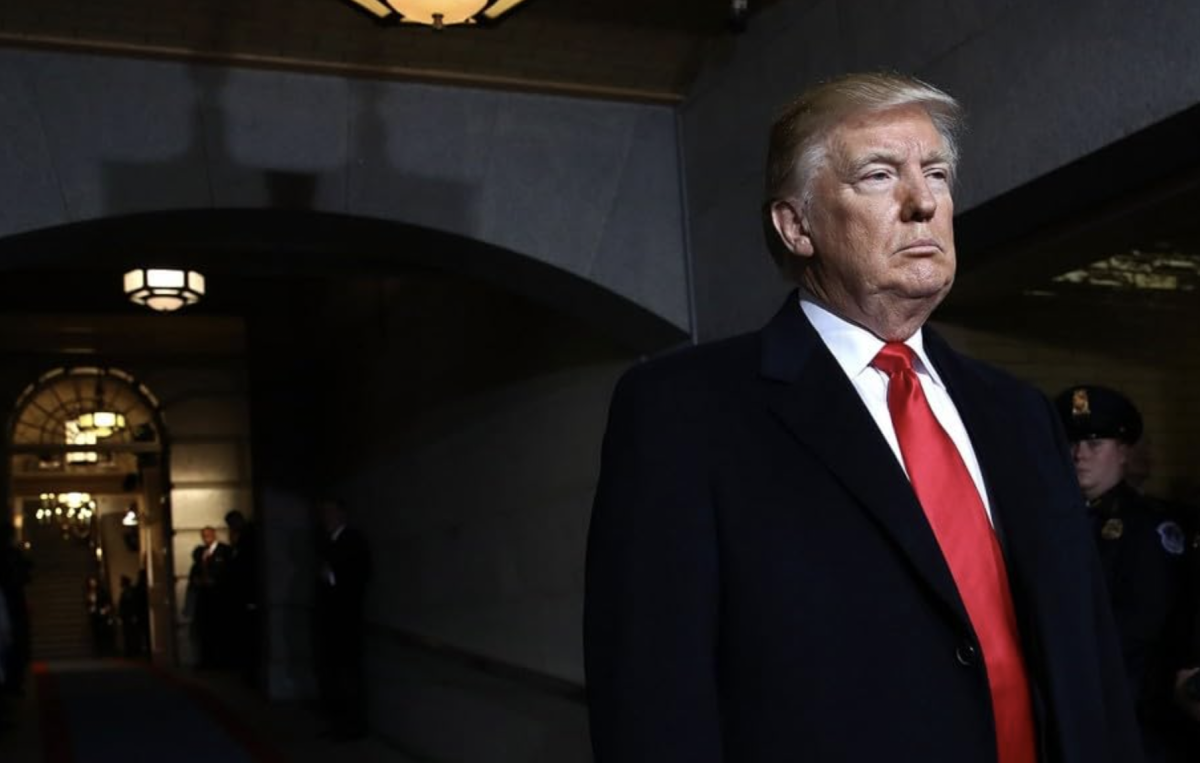
Rebecca Richards, the civil liberties and privacy director for the NSA, spoke at the Old Chapel Wednesday evening on the NSA’s efforts to keep Americans safe while also protecting American liberties in a time of NSA surveillance programs.
Richards is an alumna of the class of 1994 at the University of Massachusetts Amherst, where she earned her undergraduate degree in political science. She has spent most of her career in privacy-related leadership positions within the Department of Homeland Security, and now serves as the NSA’s first civil liberties and privacy director.
The event was held by the UMass Amherst Alumni Association and the Eleanor Bateman Alumni Scholar in Residence Program, which works to bring UMass alumni back to share their achievements as acts of public service to help enrich the lives of current students.
Richards’ primary argument was that the NSA, through checks and balances, self-reporting within the NSA and effective policy, can achieve a balance in protecting the lives and civil liberties of the American people.
“Both privacy and security are sacrosanct and imperative,” Richards explained. “We must protect both privacy and civil liberties, and national security, or we end up with neither.”
Richards went on to describe some of the checks and balances that help protect the privacy of citizens, which includes compliance with government policies and oversight both within the NSA and from other parts of the government. She further explained that the American public should not be worried about losing their privacy, since this is prevented by self-reporting of problems at the NSA, checks from the other three branches of the federal government and a “privacy aware” American public, press and community of activists.
When asked how he felt about the lecture, freshman political science and computer science double major Patrick Morrison said he felt “the purpose of it was more so to set the public at ease rather than explore past injustices.”
Richards also gave some historical context to the issue of civil liberties and national security.
“There have been a variety of initiatives to reshape the intelligence community since WWII,” she said. She marked Watergate and 9/11 as major turning points in policies on data collection and national security.
“I thought it was interesting to have an opportunity to hear directly from somebody who is in charge of this agency about some of their expertise in areas of collection,” said Timothy Ennis, a freshman political science major. “It was a great opportunity.”
Richards particularly emphasized the need for healthy debate among all members of society to help reach a balance between protecting civil liberties and keeping America safe.
“In a democratic society, that lack of meaningful dialogue is a problem for which all sectors, public, private, advocates, need to be a part of the way forward,” Richards said.
Will Mallas is a Collegian correspondent and can be reached at [email protected].



















